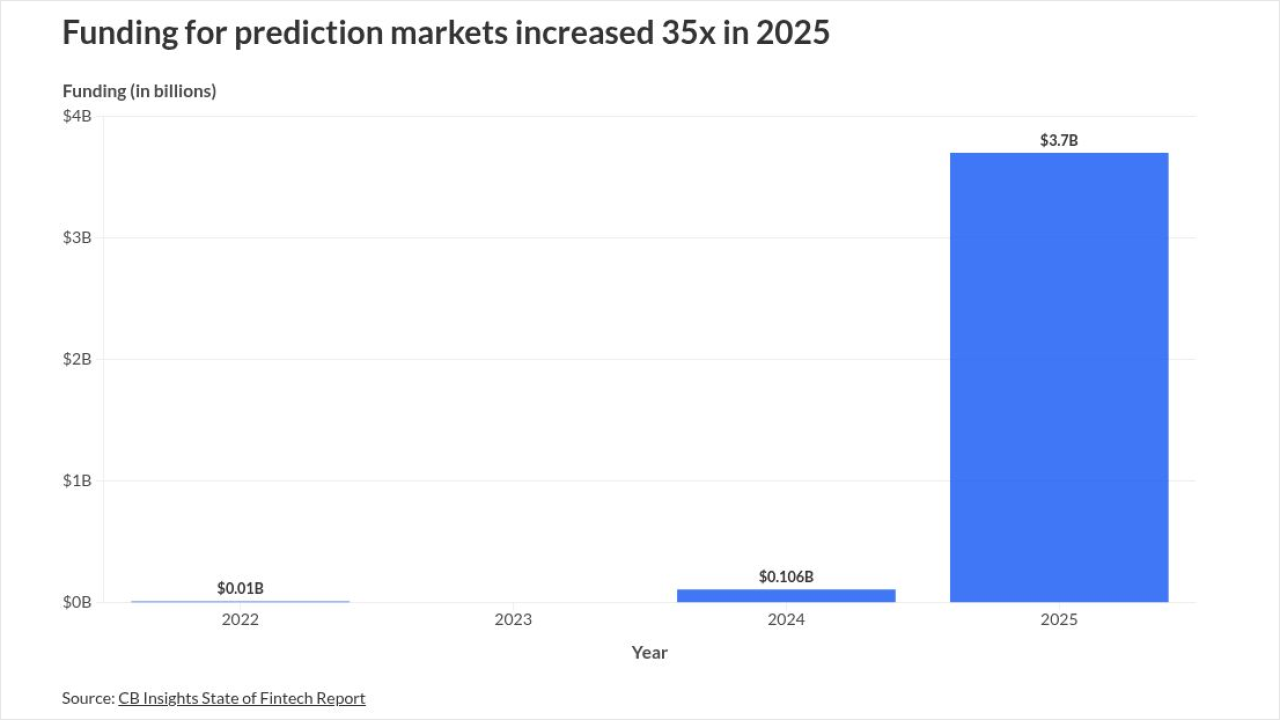Citigroup Inc. is reporting a higher redefault rate on home loans it has modified and signs of heightened risk in its servicing portfolio.
In a report due out today, Citi said the redefault rate in the third quarter on its $746.8 billion servicing portfolio did not exceed 39% for loans modified between the second quarter of 2008 and the second quarter of 2009. That rate — the percentage of borrowers who become delinquent 60 or 90 days after modification — was higher than Citi's redefault rate in the second quarter, which did not exceed 29%.
Still, Citi's third-quarter redefault rate was lower than the industry average of roughly 50% reported in September by the Office of the Comptroller of the Currency and the Office of Thrift Supervision.
Sanjiv Das, the chief executive of Citi's mortgage unit, said in an interview Friday that economic trends are working against industry and government efforts.
"People are just not able to keep up with all their different kinds of debt, and they take what they can get from the bank in terms of modification, but after six months they go back to redefaulting," he said. "We are up against a rising unemployment rate and house-price declines, and as more and more homeowners get into negative equity, that is a big predictor of redefaults."
Last quarter more than 17% of Citi's servicing portfolio had a FICO score below 620, compared with less than 9% at the time of origination, the report found.
Chet Wiermanski, the chief global scientist at the Chicago credit bureau TransUnion LLC, said the drop in credit scores was "in line" with the industry overall.
John Ulzheimer, the president of consumer education at Credit.com Inc., a lead generator based in San Francisco, said lower scores could reflect steps credit card issuers have taken to reduce their exposure to certain customers — who might happen to have mortgage accounts, sometimes at the same companies.
"Citi has been lowering credit limits and closing accounts for some time now," said Ulzheimer, who worked for seven years at Fair Isaac Corp. "And as much as FICO and others want to claim that these actions don't lower credit scores, we all know better." (A study Fair Isaac released in August found that though card issuers had cut the credit lines of roughly 33 million cardholders in late 2008, the moves had a minimal impact on most customers' credit scores.)
"Clearly this spells trouble for Citi," Ulzheimer said. "620 is already a very low FICO score, and having such a large percentage below that number means their default rate will increase."





